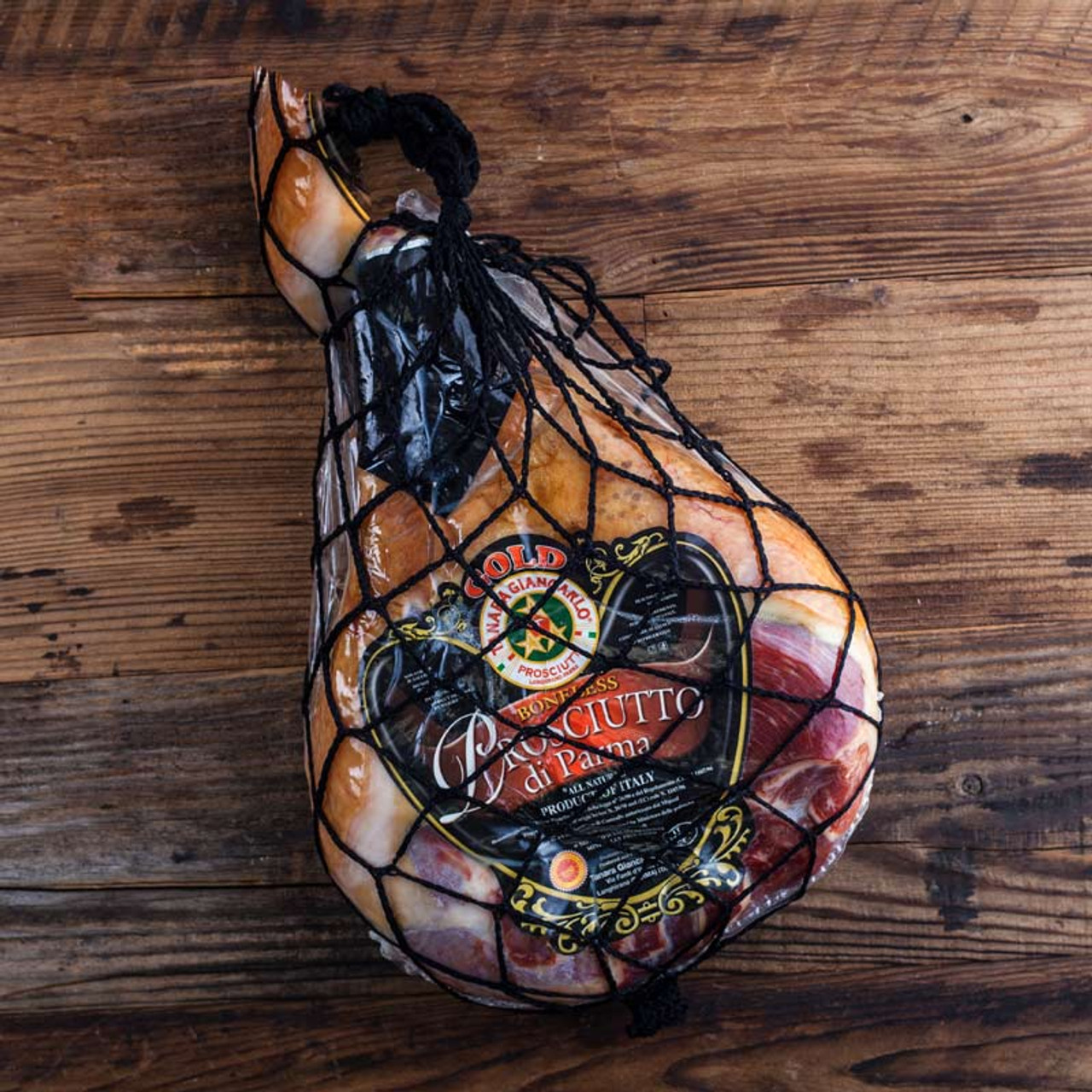From The New Atlantis, winter 2024 edition:
Bears in the Villa
Sandwiched between two national parks on a winding mountain road, the Alpine village of Caldes, Italy, is so small as to barely warrant a label on most maps. With its thirteenth-century castle perched over a valley filled with apple orchards, nourished by the rushing waters of the river Noce, it seems an idyllic slice of rural Alpine life.
Places like Caldes have long provided a welcome refuge for Italians in the summertime, when oppressive heat makes the close quarters of the great cities to the south unbearable. Here they can enjoy the illusion of rugged wilderness, dotted by hotels and holiday homes. In the cool mountain air, tourists bike the great passes of the Dolomites, splash their way down white-water rivers like the Noce, and hike and jog on trails that wind among the narrow valleys.
It was to do exactly this that Andrea Papi left his home in Caldes in the evening of April 5, when the warm daylight of an early spring day yielded to the last of the winter nights. Stopping at an abandoned hut overlooking the valley, Papi took a short video, panning over the mountain valley, and posted it to his Instagram. The caption: “Peace ”
His peace was short-lived. That night, Papi was killed. When his body was found, it bore the signature marks of something reportedly not seen in Western Europe in modern times: a lethal bear attack.
The story of Andrea Papi may be a tragic anomaly in modern Italy, but it will not be the last like it. To employ the term current among today’s restoration ecologists, Italy is “rewilding” at a rapid rate. The centuries-long labor of Italian farmers, shepherds, hunters, and builders to tame the nature at their doorstep and keep predators at bay is now being undone. This is happening both deliberately, via government programs reintroducing large predators in ever-greater numbers, and unintentionally, through the long, slow abandonment of rural Italy, a process already underway for fifty years or more.
And so Italy stands at a cultural crossroad. In renewed proximity to the dangers posed by wild animals, Italians are being forced to reevaluate their relationship to nature, to confront a deep fear of wilderness and learn to live among it. Yet their country is perhaps the only place in the world that has been entirely cultivated for millennia, with little in the way of conserved spaces or cultural memory of how to live next to them. Of all places in the world, Italy may be uniquely unprepared for the return of the wild.
‘Respect for Human Life’
Brown bears once roamed widely across Western Europe. But already by the Middle Ages, hunting and habitat degradation had pushed their populations to the east and north. In the Alpine region of Italy, at times with the backing of the state, brown bears were hunted nearly to extinction — by the mid-1990s, just four were counted in the region around Trento, where Papi was killed.For the past twenty-some years, however, an E.U.-funded program called Life Ursus has imported brown bears to Northern Italy to boost the region’s number of breeding pairs, taking candidates from its eastern neighbor Slovenia, where forests less pressed upon by human activity are still capable of sheltering a reasonably healthy bear population.
Though the program has undoubtedly succeeded in its aim — the brown bear population is now estimated at over 100 in the region — it has not been without controversy. By 2015, attacks on sheep and close contact with locals had become common enough to prompt warnings from the provincial authorities and a formal complaint to the European Parliament....
....MUCH MORE
Related, October 2021:"Basta! Romans say enough to invasion of wild boars in city.
Do I smell prosciutto?*
From ABC News (U.S.), September 25:
Rome has been invaded by Gauls, Visigoths and vandals over the centuries, but the Eternal City is now grappling with a rampaging force of an entirely different sort: rubbish-seeking wild boars
Entire families of wild boars have become a daily sight in Rome, as groups of 10-30 beasts young and old emerge from the vast parks surrounding the city to trot down traffic-clogged streets in search of food in Rome’s notoriously overflowing rubbish bins.
Posting wild boar videos on social media has become something of a sport as exasperated Romans capture the scavengers marching past their stores, strollers or playgrounds.
As Rome gears up for a local election next weekend, the wild boar invasion has been used as a political weapon to attack Mayor Virginia Raggi over the city’s formidable garbage collection problems. But experts say the issue is more complicated and tied at least in part to a booming boar population.
Italy's main agriculture lobby, Coldiretti, estimates there are over 2 million wild boars in Italy. The region of Lazio surrounding Rome estimates there are 5,000-6,000 of them in city parks, a few hundred of which regularly abandon the trees and green for urban asphalt and trash bins.
To combat their growing numbers, Lazio launched a program in 2019 to capture the beasts in park cages for slaughter, and last month approved a new decree to allow selective hunting of boars in some parks, which until now had been strictly forbidden....
Tanara Prosciutto di Parma Leg, $750.00/ ea
